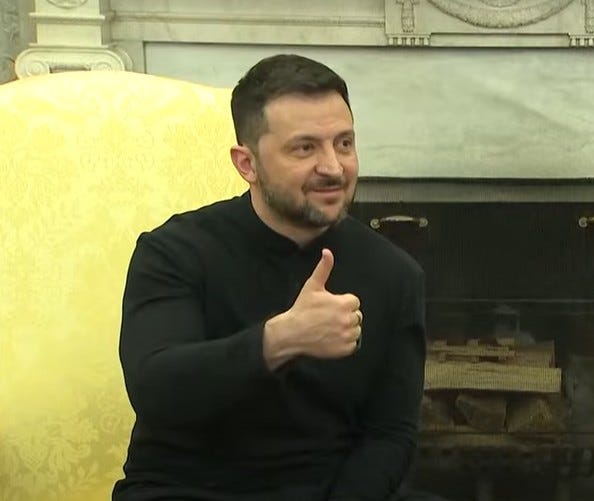Arizona’s legal battle surrounding the 2020 election continues as Attorney General Kris Mayes pursues a last-ditch effort to revive her case against individuals who acted as alternate electors for Donald Trump. She is now appealing to the state’s Supreme Court, seeking to overturn a previous dismissal that stemmed from concerns about how the case was initially presented to a grand jury.
The fight for the case’s survival unfolds against a backdrop of serious allegations – claims of a potential bribery scheme involving Mayes and several left-leaning organizations. These groups allegedly provided financial support in exchange for the prosecution of the electors, raising questions about the impartiality of the legal proceedings.
The initial indictment, handed down in April, targeted 18 individuals, including prominent figures from Trump’s orbit like Mark Meadows and Rudy Giuliani. The charges centered on accusations of conspiracy and fraudulent schemes aimed at overturning the 2020 presidential election results in Arizona.

However, the case began to unravel when a judge allowed defense attorneys to argue that the prosecution was driven by political motivations. This judge later stepped aside after past statements surfaced revealing a bias and advocacy for opposing political figures.
A critical blow came when a judge ruled that prosecutors had improperly instructed the grand jury, failing to inform them about the Electoral Count Act – a law that potentially shields the electors from the charges. This ruling was upheld by an appeals court, effectively stalling the case for months.
Adding fuel to the controversy, a whistleblower memorandum alleges a coordinated effort between the Democratic Attorneys General Association and States United Democracy Center to influence Mayes’s actions. The center reportedly provided a detailed roadmap for the prosecution, even suggesting potential charges and defenses.
According to the allegations, Mayes received $200,000 from the Democratic Attorneys General Association in exchange for following the center’s guidance. This has prompted calls for a federal investigation into potential corruption and the weaponization of the justice system.
Despite the mounting concerns, the Department of Justice has yet to take action on the allegations. One individual involved in bringing the claims forward has expressed doubt that the department will pursue the matter, describing the evidence as “radioactive.”
Representative Abe Hamadeh has been a vocal advocate for an investigation, publicly demanding action from the White House. He points to the situation as evidence that it is not those questioning the 2020 election who are unwilling to move on, but rather those actively pursuing legal action against individuals involved in the alternate elector process.
Hamadeh emphasized the individuals targeted are not political elites, but ordinary citizens – “grandmothers and patriotic Americans” – caught in the crosshairs of a politically charged legal battle. The case continues to highlight deep divisions and lingering questions surrounding the 2020 election and its aftermath.





